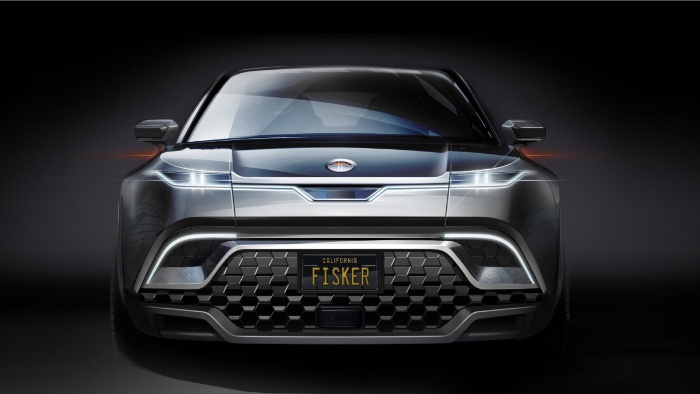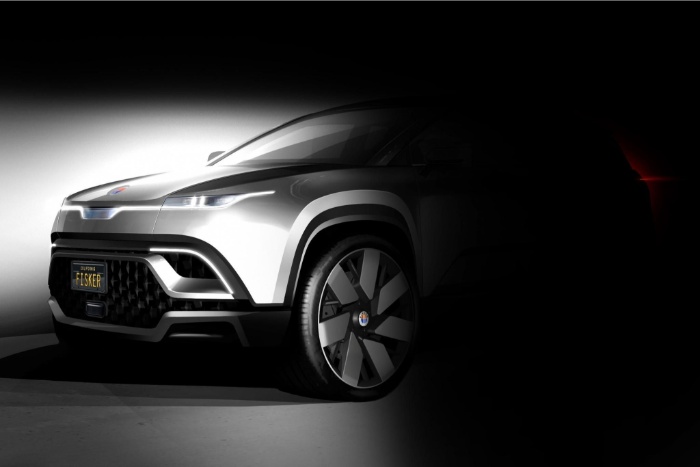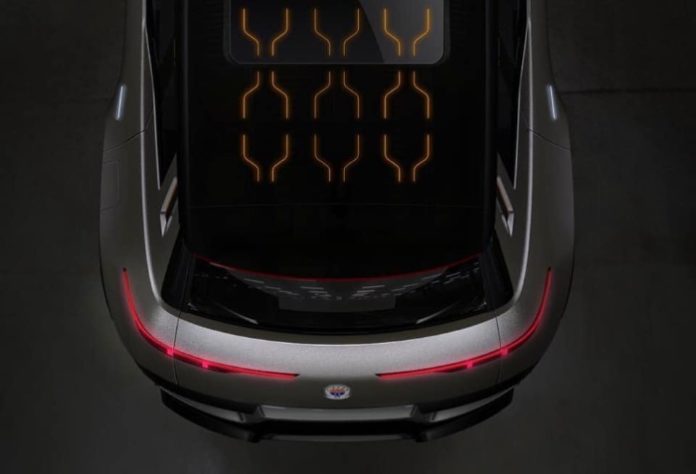Henrik Fisker’s new affordable all-electric SUV will feature a solar roof. The designer dropped the news a couple of days ago along with a futuristic-looking render of the top rear section of the vehicle.
Fisker didn’t mention the power output of the solar roof, but we should assume it’s an extra feature, rather than an integral functioning component.
The Fisker SUV will offer an 80 kWh enhanced lithium-ion battery pack. Its maker claims the vehicle will go up to 300 miles on a single charge.

In comparison, most solar panels, that go on the roof of your house, will produce between 1 – 2 kWh per day assuming lots of sun and favorable conditions. Even if Fisker has miraculously doubled the efficiency, you’re looking at a recharge time of one month on solar power only.
Cars consume a huge amount of energy that a single solar panel can’t hope to recuperate. That doesn’t mean that it’s useless though.
A decade ago, when Fisker created the world’s first luxury hybrid-electric car – the Karma, it also featured a solar roof. With an output of 0.5 kWh on a good day, the roof recharged an auxiliary battery which powered the car’s AC system.

Even as the company transitioned into Chinese ownership, the solar roof was preserved and even the latest model – 2020 Karma Revero GT features it proudly.
The new image released by Fisker also reveals new details about the exterior design of the vehicle. The rear end of the SUV is significantly wider than the middle section. The quarter panels curve beautifully and transition seamlessly into the rear bumper. The effect is further enhanced by the wrapping tail lights.
Outside of the few renders available, there is not a lot of information about Fisker’s new project. The company is intentionally letting out small drips to keep the interest going until the SUV’s market arrival in late 2021.
View this post on InstagramA post shared by Fisker (@fiskerinc) on
The base model will be two-wheel drive courtesy of a single electric motor. Options would make it possible to add a second one to make the SUV all-wheel-drive.
With a price tag of $40,000, the vehicle aims to be an affordable, mass-market solution for daily transport – a direct competitor to Tesla Model Y and the upcoming Volkswagen ID line-up.
A working prototype is expected by the end of the year, so we’ll know more soon enough.
